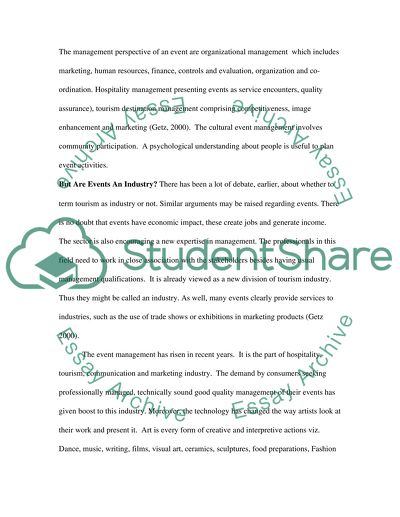Cite this document
(“Culture and Event Management Essay Example | Topics and Well Written Essays - 2000 words”, n.d.)
Culture and Event Management Essay Example | Topics and Well Written Essays - 2000 words. Retrieved from https://studentshare.org/miscellaneous/1512431-culture-and-event-management
Culture and Event Management Essay Example | Topics and Well Written Essays - 2000 words. Retrieved from https://studentshare.org/miscellaneous/1512431-culture-and-event-management
(Culture and Event Management Essay Example | Topics and Well Written Essays - 2000 Words)
Culture and Event Management Essay Example | Topics and Well Written Essays - 2000 Words. https://studentshare.org/miscellaneous/1512431-culture-and-event-management.
Culture and Event Management Essay Example | Topics and Well Written Essays - 2000 Words. https://studentshare.org/miscellaneous/1512431-culture-and-event-management.
“Culture and Event Management Essay Example | Topics and Well Written Essays - 2000 Words”, n.d. https://studentshare.org/miscellaneous/1512431-culture-and-event-management.


